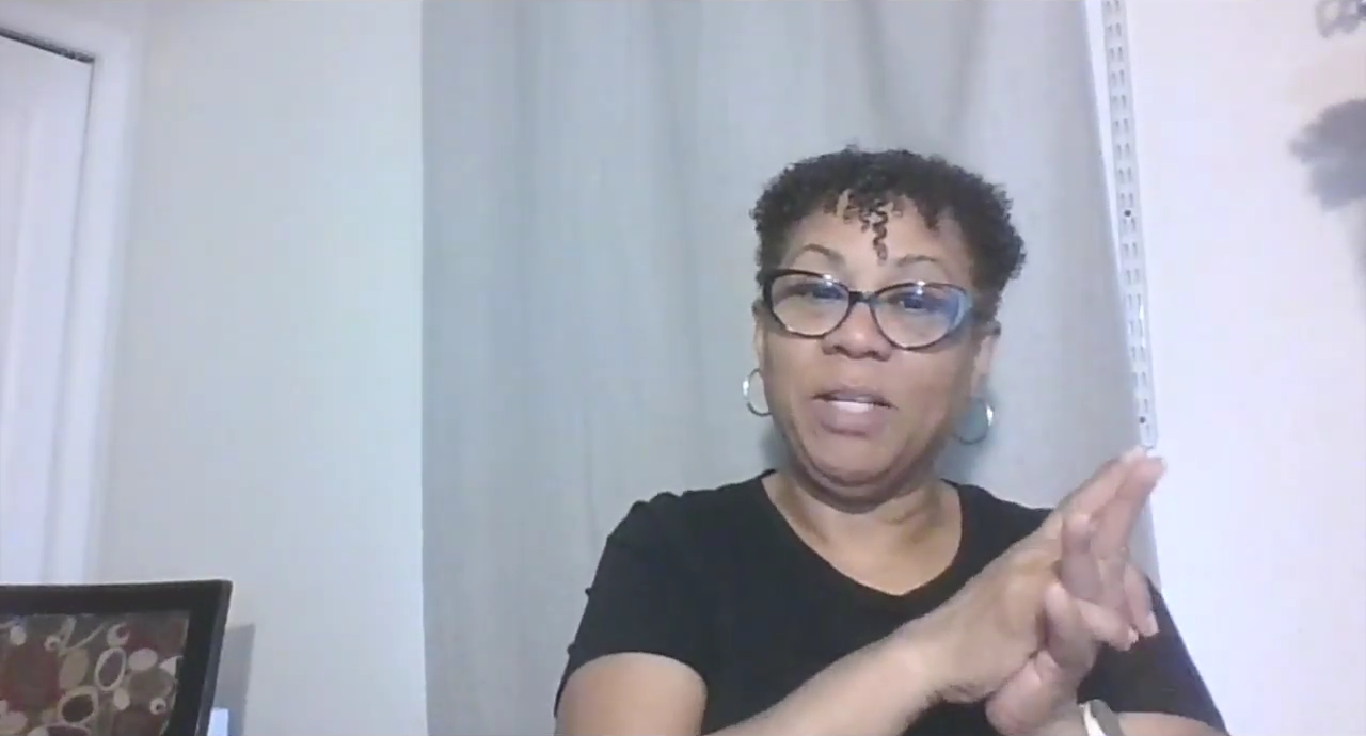6 Things to Know Before Issuing 1099s
Guest Post by Cyndi Thomason of bookskeep
As the year comes to a close, in addition to the busy selling season, it’s time to ensure you are ready for January and the IRS deadlines for 1099’s. The IRS requires 1099s to be issued to vendors and filed with the IRS by January 31st. There is good news, however, if you have paid your vendor by electronic methods.
Many of our ecommerce clients use PayPal and credit cards to pay their vendors and subcontractors. The IRS allows taxpayers to exclude any payments you made by credit card, debit card, gift card or third-party payment network such as PayPal! So, if you pay by these means, you do not have to issue a 1099. If you didn’t pay using an electronic method last year, perhaps you want to start in 2019. Work that out early with your vendor.

Otherwise, the IRS mandates that business owners must issue a 1099 to each person (sole proprietors, attorneys and landlords) to whom you have paid at least $600 in rents, services (including parts and materials), prizes and awards, or other income payments during the current calendar year. In other words, a 1099 employee is an independent business owner or contractor that you hired. You don’t need to issue a 1099 for a payment made for personal expenses; just payments you made for your trade or business.
6 Basics You Should Know:
1. Who gets a 1099?
You are required to issue a 1099 to vendors or sub-contractors that you paid more than $600 to during the normal course of business, and that includes any individual, partnership, Limited Liability Company, Limited Partnership, or Estate. This does not include your hired employees who will receive a w-2.
2. How do you know if someone is an individual vs and LLC, etc.?
When you pay someone, you should request a completed w-9 form. The vendor is required to report their status to you so you can file properly.
3. Who is a vendor or sub-contractor?
Any person or company you have paid for services who is not your employee.
4. Attorneys.
You are required to send attorneys a 1099 if you paid them more than $600.
5. Set up a W-9 process for your vendors.
Many preparers become frustrated when they don’t have the information they need to issue the 1099. One of the best business practices a business owner can implement is to request a W-9 from any vendor you expect to pay more than $600 before you pay them. This will give you the vendor’s mailing information, Tax ID number, and it will require them to indicate if they are a corporation or not.
6. Deadline to payees.
Taxpayers are required to mail all 1099s to vendors and file with the IRS by January 31st.
Get a head start on this process, take a look at your records and ensure that you have w-9’s for your vendors. It will take some of the pressure off in January.
 Cyndi Thomason – bookskeep
Cyndi Thomason – bookskeep
All great journeys begin with a single step.
For bookskeep, that step was our very first Amazon client. I enjoyed working with them so much that through consistent referrals, I began partnering with more Amazon sellers every month. I quickly realized something: Many Amazon pros are pursuing the same flexible lifestyle I am. From that realization was born one of our primary goals at bookskeep—to loosen the financial grip your business has on you so that you can enjoy your life as you build your business.
Try InventoryLab Today
30 Day Free Trial
Save time and money by streamlining your Amazon business. Source, List, Ship, and Analyze all in one place.
Get Started
Comments(0)